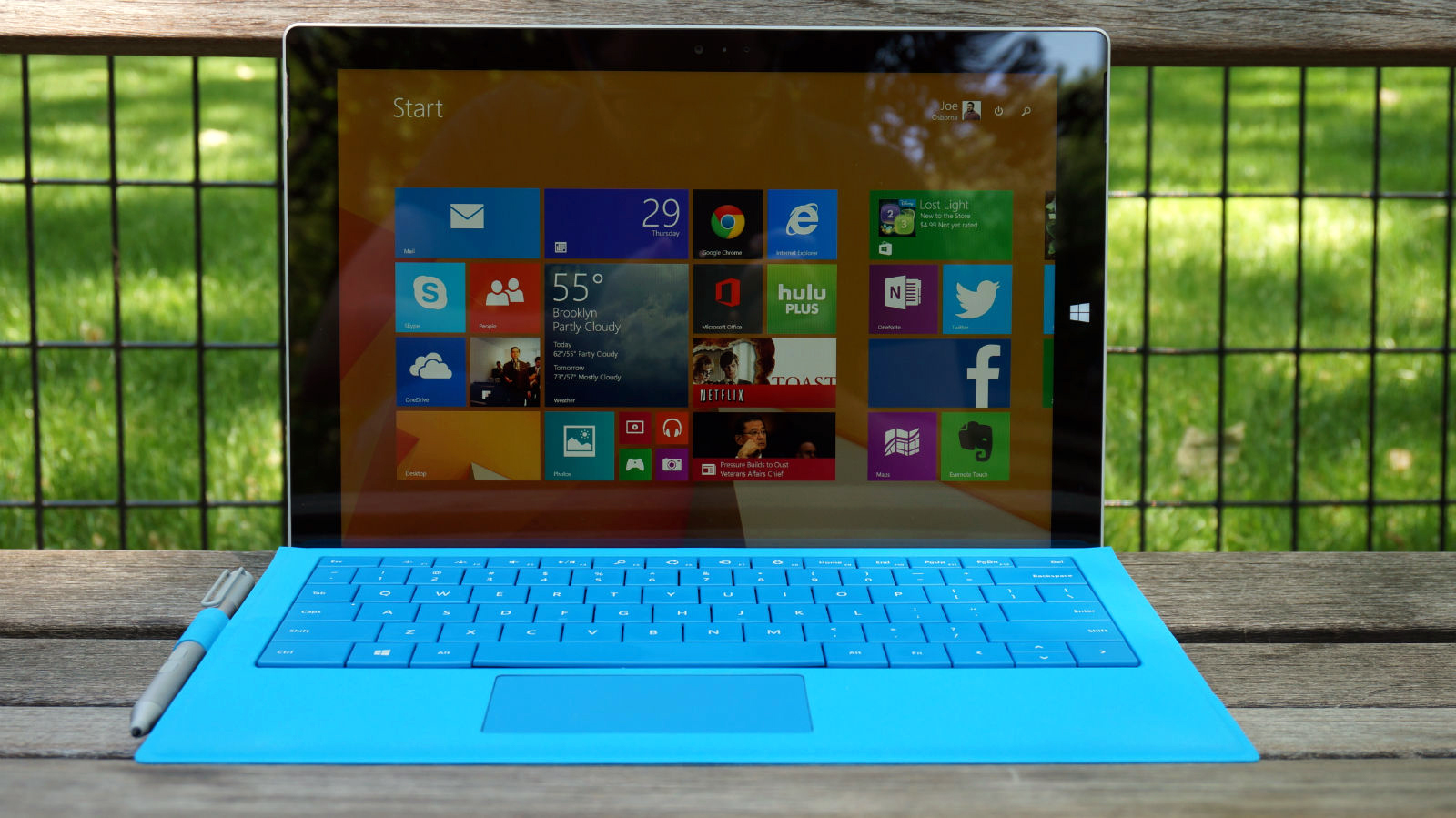Windows 10, delivering on Microsoft's mobile first, cloud first vision
An OS to deliver on Nadella's long term dream

Sign up for breaking news, reviews, opinion, top tech deals, and more.
You are now subscribed
Your newsletter sign-up was successful
I believe the preview of Microsoft's latest OS and the early involvement of the developer community will help it to compete more effectively with cloud, mobile device and service providers targeting the enterprise space, while also winning over BYOD proponents
Windows 10 comes at a critical juncture for Microsoft in the mobile space. The announcement affords Microsoft the opportunity to realise its true goal of a single OS across desktop, laptop, tablets and phones and a much more transparent experience for consumers and business customers.
The company unveiled a very early build in the hope of getting developers on board through the new Windows Insider Program. Windows 10 will be available following Microsoft's Build conference, due to be held in April next year.
- Is the new OS any good? Read our hands on Windows 10 review to find out
The mobile enterprise becomes front and centre for Microsoft as well with activity heating up on a couple of fronts on the cloud side, with Azure, and on the device and services side. Both Apple and Samsung are making inroads to go well beyond their role as device providers and are stepping up to provide much broader offerings.
Apple has announced a wide-ranging partnership with IBM and Samsung has enhanced its mobile enterprise services offerings. Although Microsoft trails significantly in the device OS war, the shift to the mobile enterprise moves the playing field towards Microsoft.
To the extent that Microsoft can bring the device, cloud services and its own back-end systems story together, Windows 10 becomes compelling.
When Microsoft announced its Enterprise Mobility Suite announcement it reiterated its position as a cloud-first and mobile-first provider, with Microsoft Corporate VP of Program Management, Brad Anderson, stating, "Mobile and Cloud are so tightly integrated, that delivering the premier Enterprise Mobility solution is best delivered from the Cloud." As a mobile app platform company that was born in the cloud, we couldn't agree more.
Sign up for breaking news, reviews, opinion, top tech deals, and more.
It is important too that Microsoft plays well in the broader ecosystem and ensures that it can connect with key MBaaS and MADP providers to enable ecore back-end integration.
This harmonising of assets is no easy task and Microsoft historically has had challenges in bringing a cohesive roadmap for customers. This will be more important than ever.
Mobile enterprise will be increasingly significant to Microsoft and with Windows 10, the early reports demonstrate that the new platform is honing in on enterprise customers and developers building apps for this user base.
There was a strong move to support BYOD, with Windows 10 containerization enabling users to work on corporate Windows apps on their preferred device, without fear of information leaking into personal apps and having their personal images, games and files wiped by IT.
BYOD will represent the majority in a few years, but unless Microsoft gets significant consumer traction (not forecasted today), enterprise and ties to Microsoft assets will be the lifeblood for the Redmond-based company.
Tapping into key enterprises deemed as "Microsoft shops" will be of greatest importance early on, to demonstrate some big name customers buying into Microsoft as a viable mobile enterprise provider across multiple fronts.
Tablets play an interesting role in the new Windows 10 environment as the Surface devices have garnered strong accolades as a business device over competitors, in a time when the tablet market is in a bit of flux.
Apple is losing share and is second to Android Tablets, while Samsung is keying in on Tablets as a core part of its mobile enterprise strategy. There may be an opportunity here for Microsoft to gain share in the mobile enterprise tablet space, especially as its approach to connecting Surface devices (or their successors) to multiple business services and assets is key to its strategy.
With Windows 10, Microsoft said it was going to deliver a converged application platform for developers on all devices with a unified app store.
The company said developers will be able to write an application once and deploy it across multiple device types: PCs, tablets, smartphones and even Xbox, making discovery, purchase and updating easier for consumers."
- Former IDC mobile industry analyst, Stephen Drake, is now VP of business development at mobile app platform provider, FeedHenry.